The Future of AI in Entertainment and Media
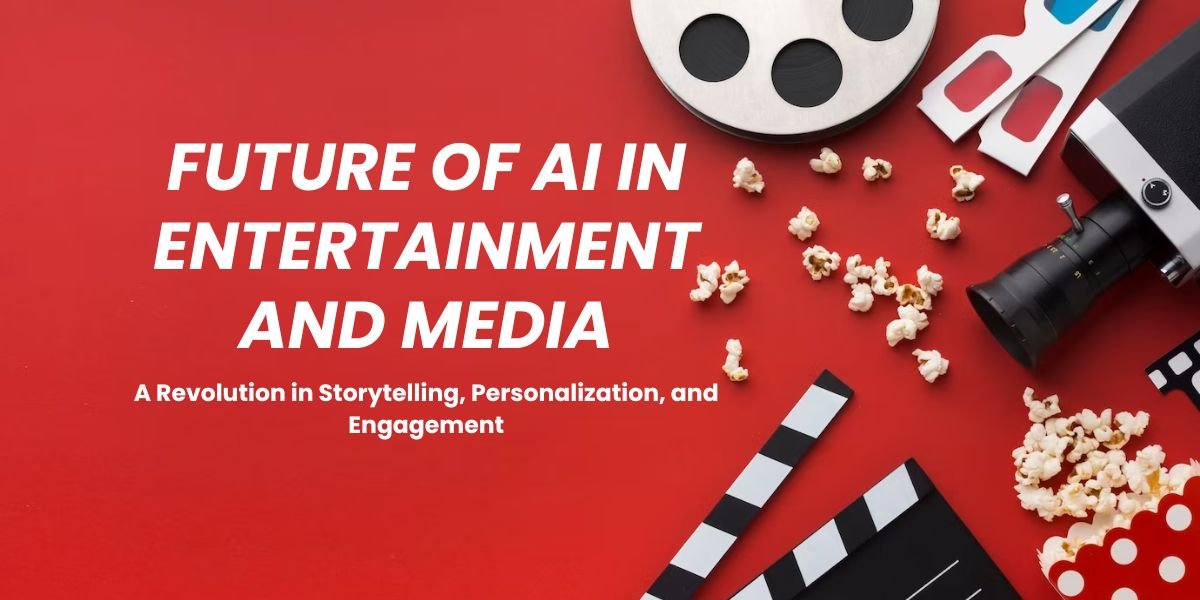
The future of AI in entertainment and media isn’t just bright; it’s dazzling. Artificial intelligence is poised to shake up everything we hold dear about how we create, experience, and interact with the stories and sounds that move us. Imagine a world where movies write themselves, songs are composed at your request, and video games become indistinguishable from reality. AI promises to make all of this, and so much more, possible.
This revolution won’t be about replacing human artists. Instead, AI will become a powerful collaborator, unlocking new levels of creativity. Recommendation engines are already getting scarily accurate, but that’s just the beginning. AI will learn our tastes with unprecedented depth, suggesting movies, shows, and music that feel like they were made just for us.
The future of AI in entertainment and media holds both incredible promise and significant challenges. It’s up to us to harness the potential of AI to forge a future where technology elevates our entertainment experiences, expands access to artistic expression, and leads to new frontiers of storytelling. Ready to peek behind the curtain? Let’s dive in!


AI's Transformative Power in Content Creation: Shaping the Future of Entertainment and Media
The line between human creativity and the astonishing capabilities of artificial intelligence is blurring at an incredible pace. Nowhere is this more apparent than in the realm of content creation. AI is poised to disrupt and enhance the way we tell stories, compose music, and craft stunning visuals.
From Idea to Screen: AI as a Screenwriter’s Tool
Imagine an AI assistant that understands the nuances of storytelling. It can analyze massive databases of successful films and TV shows, identifying common plot structures, character arcs, and audience-pleasing elements. While it won’t replace the human screenwriter, this AI collaborator could provide a wealth of inspiration, suggest compelling plot twists, or even generate rough drafts of scenes. It’s about streamlining the brainstorming process and empowering writers to explore fresh, exciting possibilities.
AI: The Future’s Maestro
Music composition is no longer the sole domain of human musicians. AI algorithms are already being used to create original melodies, harmonies, and even full-fledged orchestral scores. These AI tools could democratize music creation, allowing talented individuals with less technical knowledge to bring their musical ideas to life. They can also offer established composers exciting new avenues of sonic exploration.
AI-Empowered Visual Effects and World-Building
The worlds of visual effects (VFX) are primed for an AI revolution. Tasks like rotoscoping (isolating objects in footage) or removing unwanted elements can be tedious and time-consuming. AI can automate many of these processes, freeing up VFX artists to focus on crafting truly mind-blowing visuals. Moreover, AI can assist in generating photorealistic environments, fantastical creatures, and crowd simulations, making the impossible seem effortlessly real on the screen.
The Rise of Synthetic Voices
Voice acting is a unique craft, but AI is rapidly encroaching on this territory. Incredibly lifelike text-to-speech technology can create nuanced voice performances. This has implications for tailoring character voices, dubbing content for global markets with ease, and even potentially bringing back the voices of actors no longer with us.
The Future of AI: Collaboration, Not Replacement
It’s crucial to remember that AI within content creation is a tool for augmentation, not a replacement for human ingenuity. The most exciting future of entertainment lies in the collaboration between AI’s computational power and the boundless creativity of human artists. By embracing AI as a partner in the creative journey, we unlock a world of storytelling possibilities that were simply unimaginable before.


The Rise of Personalized Entertainment with Future AI in Entertainment and Media
In the world of entertainment and media, the phrase “the future of AI” signals a revolutionary shift from passive viewing to deeply personalized experiences. Imagine a world where your TV doesn’t just play shows but understands and anticipates your preferences as an individual. The future of AI in entertainment and media means that content recommendations, interactive narratives, and maybe even entirely new forms of entertainment will be tailored directly to you.
Let’s break down how this personalization with the support of AI will manifest:
“I Know What You’ll Like” Recommendation Engines: Today’s streaming platforms already suggest “More Like This,” but the future of AI in entertainment and media will elevate this to an art form. AI algorithms won’t just consider what genres you’ve watched before but analyze subtle factors like your emotional responses, the time of day you watch, or even your preferred color palettes. This way, AI will predict the hidden gems you would genuinely love, bringing unexpected and delightful discoveries to your fingertips.
Choose-Your-Own-Adventure Storytelling: Traditional entertainment is linear, but AI is key to interactive stories. Imagine narratives with branching paths where your choices or reactions influence how the plot unfolds. AI could adjust the pacing, the mood, and even the characters to create a unique experience every time you engage with a story. This is personalization at its finest, catering to your participation within the narrative.
Just For You: AI-Generated Content: The future of AI in entertainment and media could lead to a world where on-demand content is individually created for you. A nostalgic mood might trigger a cozy period drama tailored to your tastes or a desire for adventure might spark an AI-generated heist movie with characters and locations pulled from your interests. While still in its early stages, AI tools can already create basic scripts and music, and it’s only a matter of time until it delivers personalized entertainment pieces.
The future of AI in entertainment and media is all about putting YOU at the center. It’s about ending the frustration of endless scrolling through content that doesn’t click. AI promises a world of entertainment that is responsive, adaptable, and catered to your individuality like never before. Sure, it may raise questions about the value of ‘shared experiences’ in entertainment. However, the potential for a deeply satisfying personal connection to movies, music, and stories is too exciting to ignore.


AI-Driven Audience Insights and Marketing: The Future of AI in Entertainment and Media
The entertainment industry has always thrived on its ability to connect with its audience. But today, that audience is more fragmented and discerning than ever before. This is where AI enters the picture, transforming the way studios, streaming platforms, and entertainment brands understand, target, and engage the people who consume their content.
From Guesswork to Precision with Predictive Analytics
AI’s ability to analyze mountains of data is a game-changer. By sifting through audience demographics, viewing behaviors, social media sentiment, and countless other data points, AI can build incredibly detailed audience profiles. More than that, it can start to predict what those audiences will love next. This lets studios make better bets on what movies to greenlight, helps streaming services curate a perfect library of content, and allows for hyper-targeted marketing that cuts through the noise.
Hyper-Personalized Marketing: A Message that Resonates
Imagine marketing that feels less like selling and more like a helpful recommendation from a friend. That’s the potential of AI-driven marketing. AI algorithms can understand an individual’s tastes on a granular level. This means delivering trailers, ads, and even special offers that speak directly to what that person finds thrilling, hilarious, or heartwarming. No more generic blasts—with AI, marketing becomes a genuine conversation that leads to deeper engagement.
Protecting the Bottom Line: Fighting Fraud and Piracy
The entertainment industry loses billions to piracy and ad fraud each year. AI is a powerful weapon in that fight. By recognizing patterns invisible to the human eye, AI systems can detect fake ad clicks, and fraudulent streaming activity, and pinpoint the sources of copyright infringement. This safeguards valuable revenue streams that support content creation.
The Future is Tailored, Targeted, and Insights-Driven
The future of AI in entertainment marketing is one where the audience feels truly seen and understood. It’s where campaigns feel less like interruptions and more like personalized experiences. And it’s a future where decisions are fueled by rock-solid data, letting content creators focus on delivering the magic that audiences crave.


The Challenges and Ethical Considerations with Future AI in Entertainment and Media
While the future of AI in entertainment and media is filled with incredible promise, it’s equally important to shine a light on the potential pitfalls and ethical dilemmas that come with this transformative technology.
The Uncanny Valley and the Blurring Line Between Real and Synthetic
As AI tools progress, they can generate content that becomes indistinguishable from reality. We’ve already seen the impact of deepfakes, where AI manipulates videos to create incredibly convincing but fabricated scenarios. This raises questions about authenticity, trust, and the potential for misuse. Will we always be able to tell if a movie star’s performance has been digitally altered, or if a musician’s voice is entirely AI-generated? The entertainment industry will need clear guidelines and transparency about the use of AI to maintain audience trust.
AI Biases and the Need for Fairness
AI systems learn from the data they’re trained on. If that data contains biases, these prejudices can easily be perpetuated. Imagine a recommendation engine primarily suggesting content featuring a specific demographic, or an AI scriptwriter creating characters that reinforce harmful stereotypes. The entertainment industry has a responsibility to ensure AI algorithms promote diversity and inclusion and avoid reinforcing existing inequalities. This requires careful training data selection and active monitoring of AI outputs.
Navigating Job Displacement
AI automation will undoubtedly streamline many processes in entertainment, from VFX creation to music production. While this might increase efficiency, it also has the potential to displace jobs. The industry must be proactive about reskilling initiatives, helping those affected by automation to transition into new roles that leverage their talents alongside AI capabilities. Failing to address this could lead to increased inequality and a talent drain from the industry.
Intellectual Property and AI-Generated Content
Who owns the rights to a screenplay written by an AI? Can you copyright a song composed by an algorithm? The existing legal frameworks around intellectual property might not be sufficient to address these complex issues. New rules are needed to determine ownership, royalties, and fair use of AI-generated content.
The Role of Transparency
As AI becomes a pervasive force in entertainment, transparency will be key to maintaining public trust. Audiences may want to know the extent to which a movie or piece of music has been influenced by AI. Similarly, creators using AI tools deserve clear guidelines about how to disclose and credit these systems, ensuring the line between human and machine-driven creativity remains clear.
The future of AI in entertainment and media is undoubtedly bright. But to fully maximize its potential, we must address these challenges proactively. By fostering ethical AI development, promoting transparency, and adapting to evolving circumstances, we can ensure AI becomes a powerful force for good, driving innovation while preserving the creativity and integrity that makes entertainment so captivating.
The Future of AI in Entertainment and Media: Limitless Possibilities
The future of AI in entertainment and media is a boundless realm of possibilities. While human creativity remains the heart of storytelling, AI will be an indispensable collaborator. It will empower artists, giving them tools for unimaginable creative expression. The entertainment we consume will become an exquisitely personalized reflection of ourselves. AI will understand our tastes, predict our desires, and perhaps even surprise us with experiences we never knew we wanted.
However, navigating this future requires thoughtful consideration. The ethical use of AI is paramount. Safeguards must be in place against deepfakes and the perpetuation of harmful biases. As AI automates certain tasks, it’s vital to invest in reskilling and supporting workers who could be impacted.
The future of AI in entertainment and media is one of both exhilarating transformation and careful responsibility. It’s a future where technology and human ingenuity intertwine to create stories that resonate more deeply, experiences that immerse us like never before, and an industry that operates more intelligently than ever. AI won’t replace the magic of entertainment and media, but it has the potential to redefine it in ways that will continue to surprise and amaze us for decades to come.
F&Qs
A: AI will streamline many production processes, from script analysis and pre-visualization to special effects creation and editing. This could lead to faster production timelines, lower costs, and more room for experimentation.
A: AI is a powerful tool, but it’s unlikely to replace the human element of creativity. Instead, AI will likely be used as an assistant and inspiration for artists, empowering them to explore new ideas and execute their visions more efficiently.
A: We’re heading in that direction! AI recommendation engines are becoming extremely sophisticated, and interactive storytelling with AI branching narratives could offer unprecedented levels of personalization.
A: AI can analyze large datasets of viewer behavior, social media sentiment, and other metrics to provide in-depth insights. This information helps companies tailor content, make smarter investment decisions, and optimize marketing campaigns.
A: Absolutely! AI’s potential for content creation, personalization, and interactivity opens the door to forms of entertainment we haven’t even imagined yet. Think adaptable virtual reality experiences or games that respond to your emotions on the fly.
A: It’s a valid concern. The industry needs to develop robust ethical frameworks, detection tools, and clear labeling practices to combat the misuse of AI-generated content.
A: AI automation could change some job roles, but it will also likely create entirely new job categories. It’s important to focus on upskilling, adaptability, and embracing the new opportunities AI will unlock.
A: The potential for truly personalized, interactive, and groundbreaking experiences that push the boundaries of storytelling and engage us in entirely new ways. AI empowers both creators and audiences with exciting new possibilities.




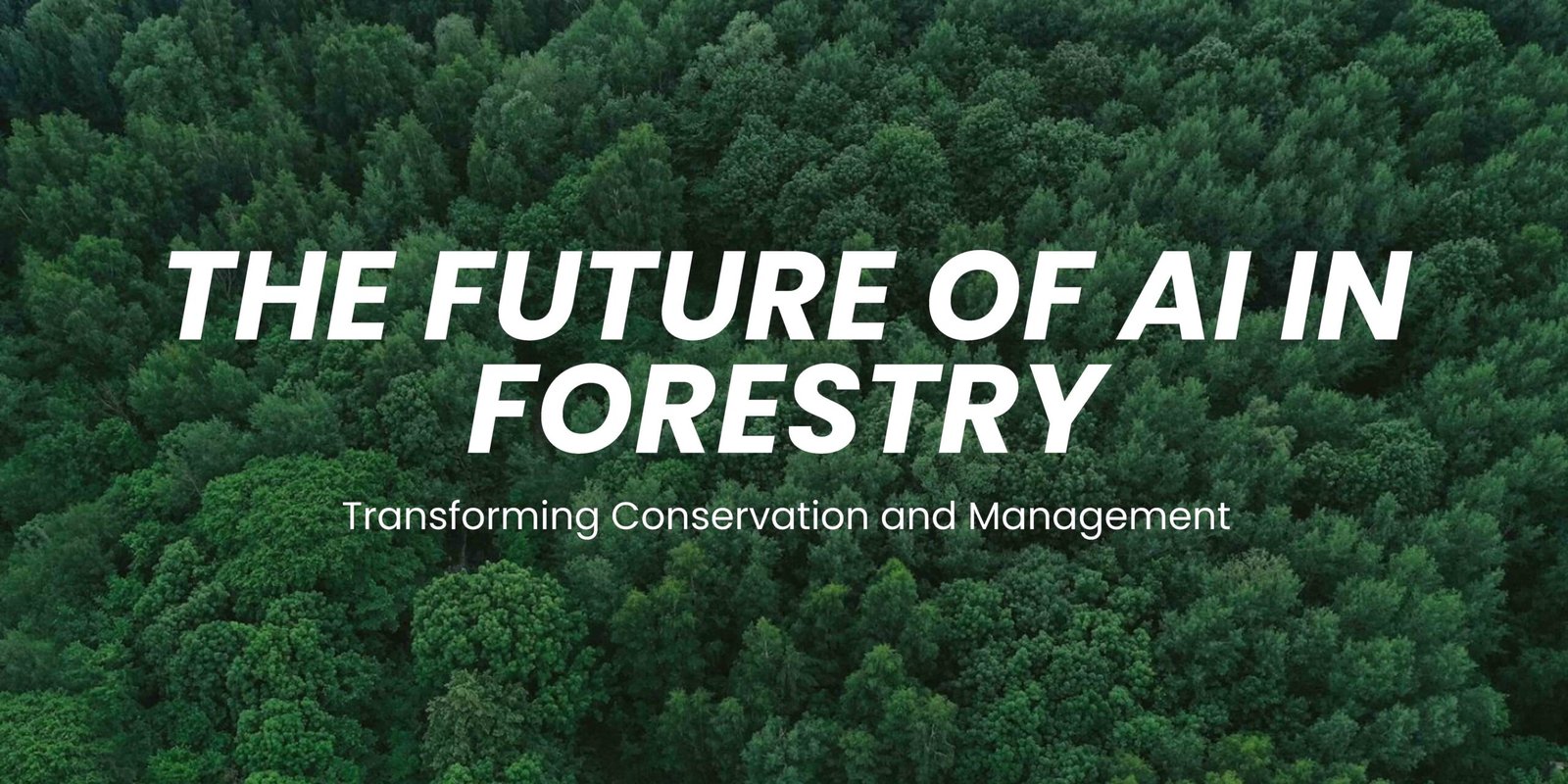

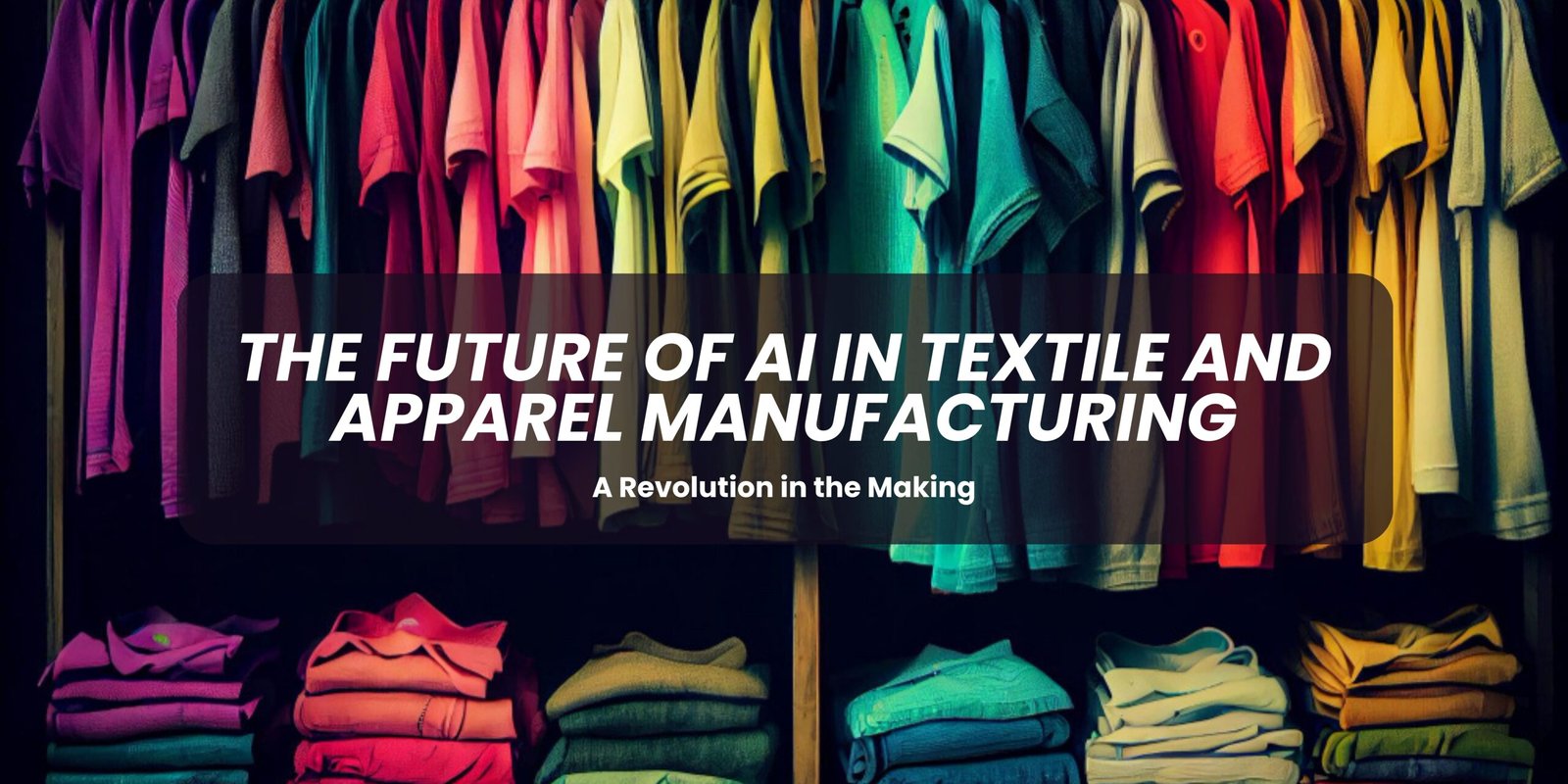
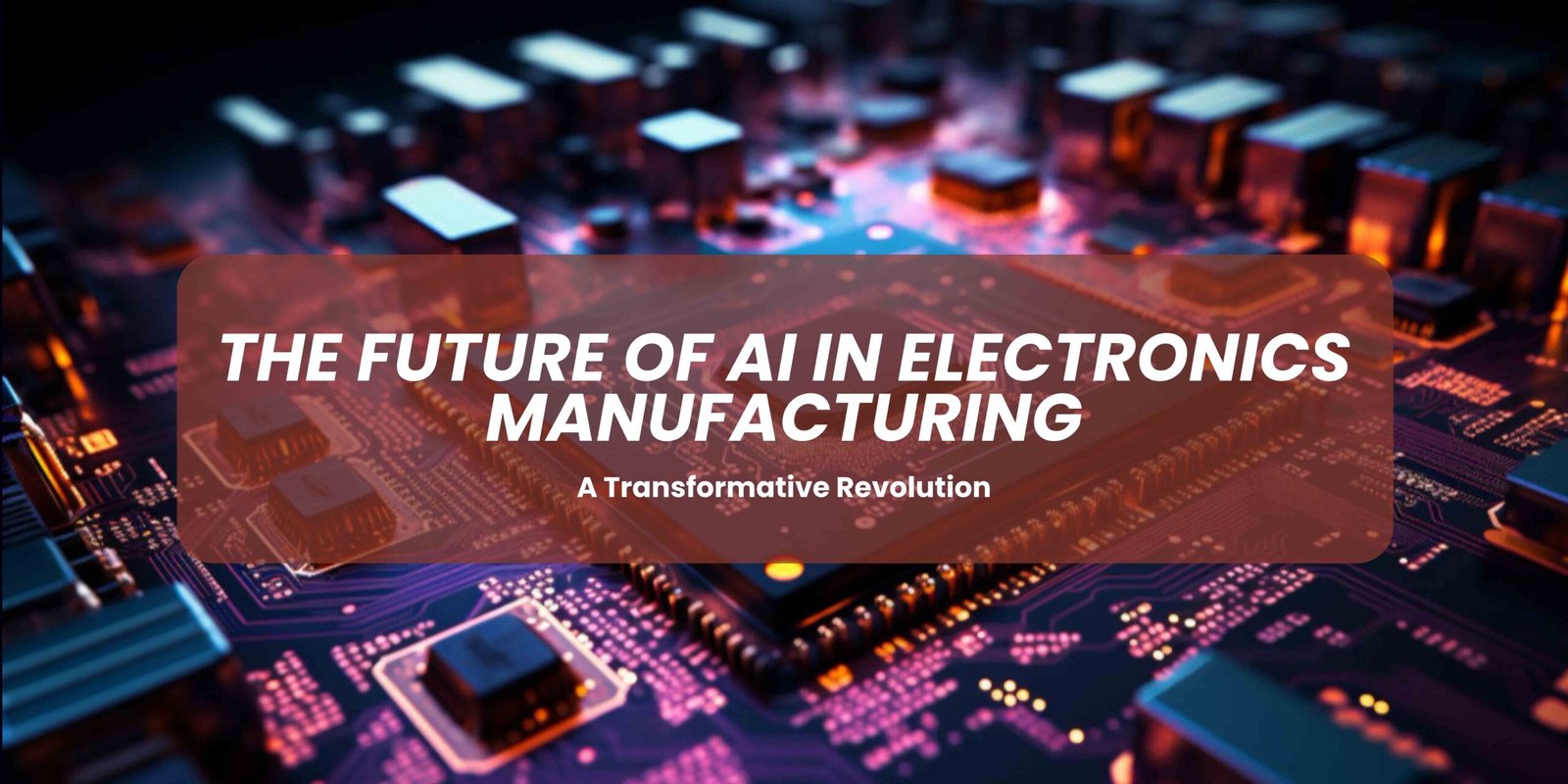
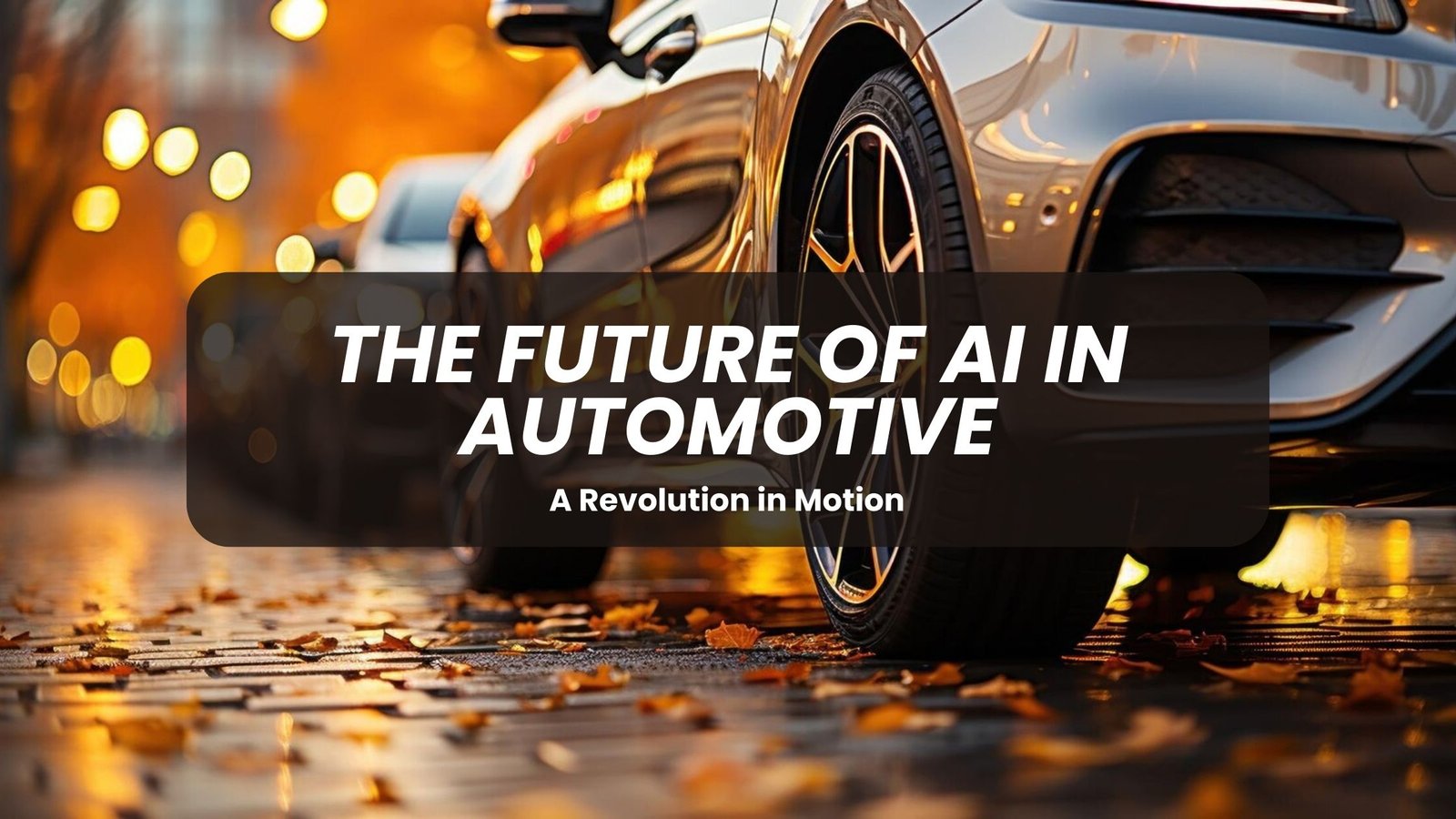


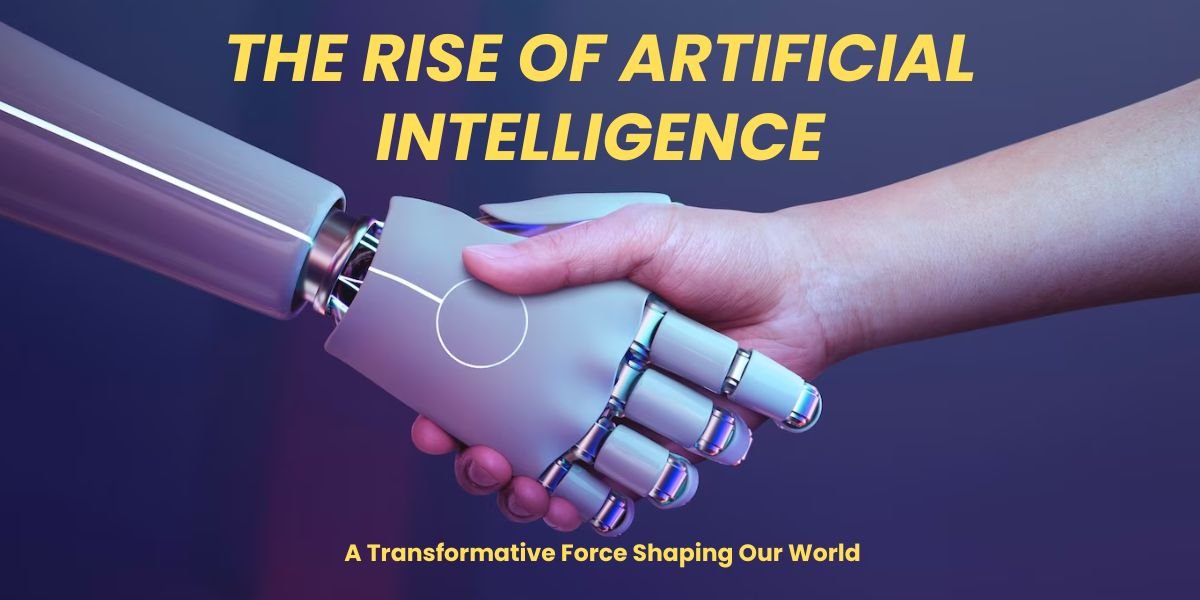

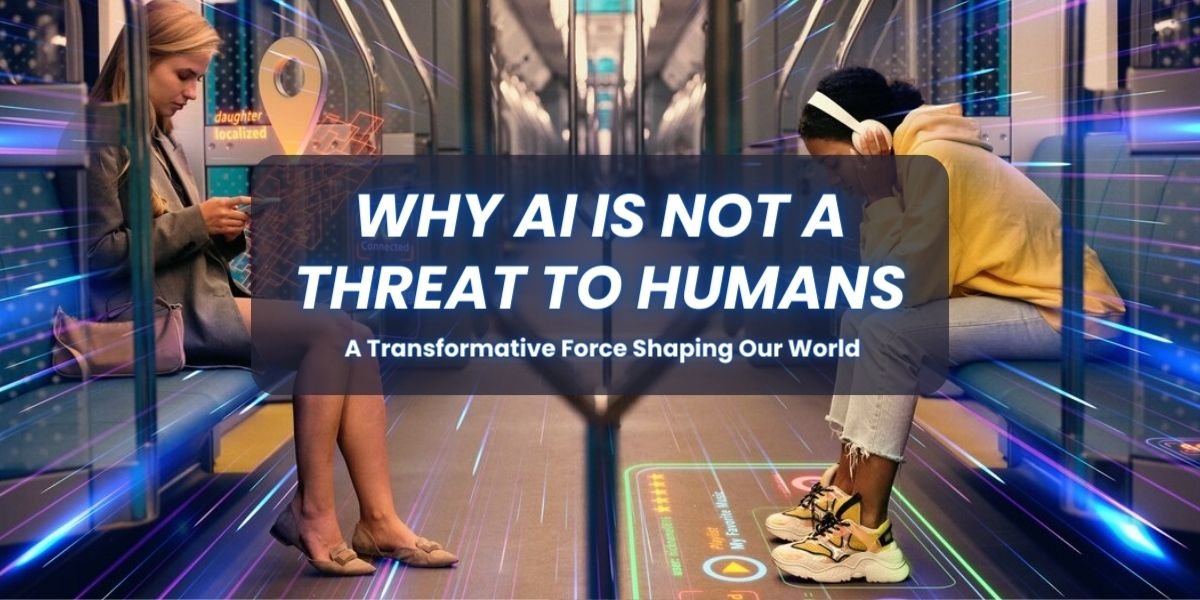
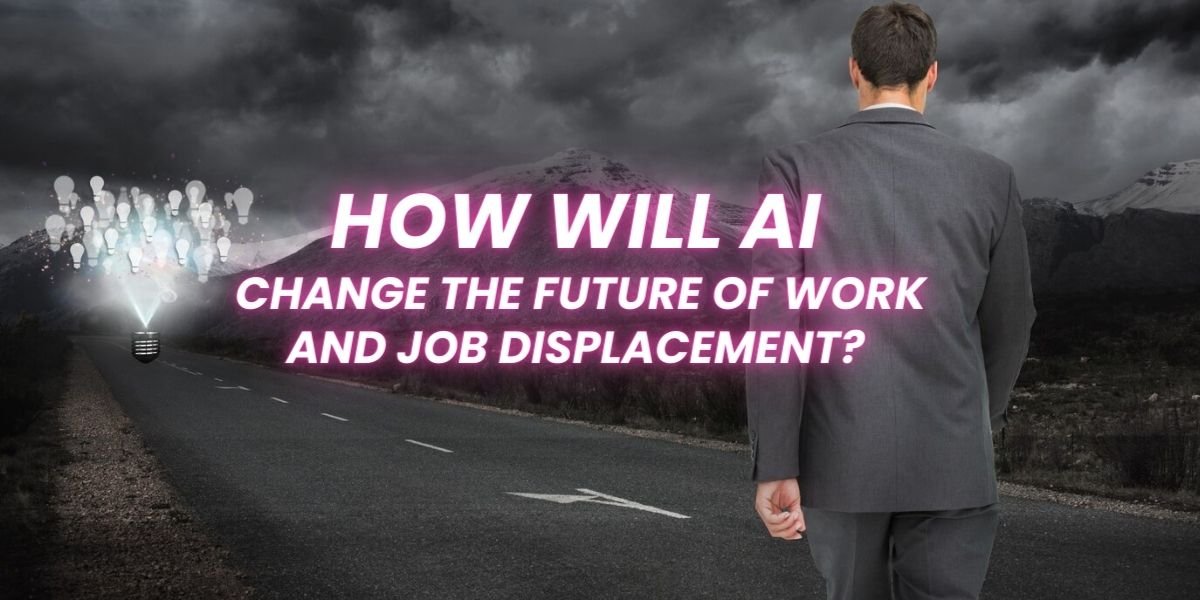
Pingback: The rise of artificial intelligence and its impact on society - Meepri
Pingback: AI in The Future Workplace: 10 Things to Know. - Meepri
Pingback: The Hype vs. Reality: 10 Reasons Why AI Is Not a Threat to Humans. - Meepri